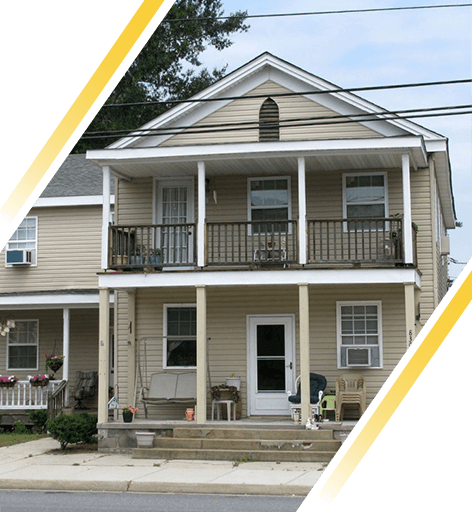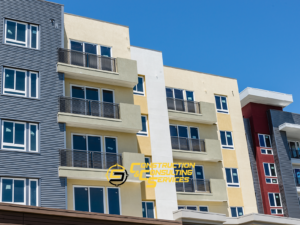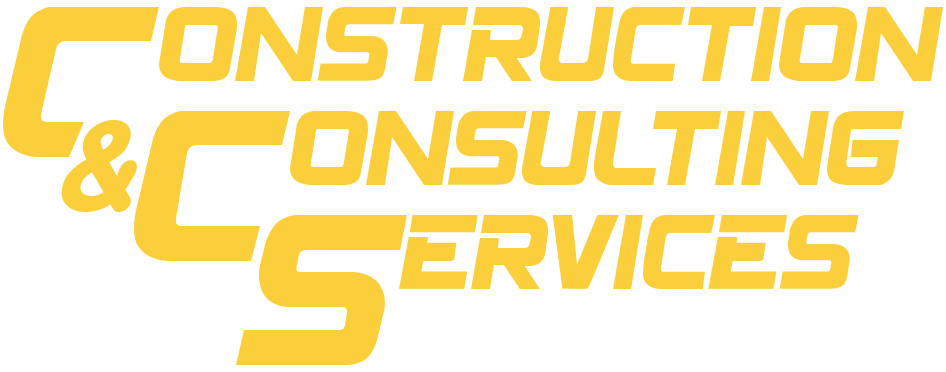
California’s Senate Bill 721 (SB 721) is a crucial piece of legislation aimed at ensuring the safety and integrity of balconies, decks, and elevated walkways in multi-family residential buildings. Passed in 2018, this law mandates periodic inspections to prevent tragic incidents caused by structural failures. In this blog post, we’ll delve into the key aspects of SB 721, its implications for property owners, and what steps need to be taken to comply with this law.
What is SB 721?
SB 721, also known as the Balcony Inspection Bill, was introduced in response to a tragic balcony collapse in Berkeley in 2015, which resulted in multiple fatalities and injuries. The law requires the inspection of “exterior elevated elements” (EEEs) in buildings with three or more multi-family dwelling units. These elements include balconies, decks, porches, stairways, walkways, and entry structures that are more than six feet above ground level.
Key Provisions of SB 721
- Inspection Requirements: Inspections must be carried out by a licensed architect, civil engineer, structural engineer, or a certified building inspector. The first inspection must be completed by January 1, 2025, and subsequent inspections every six years thereafter.
- Scope of Inspection: The inspection includes a detailed examination of the structural integrity and waterproofing of EEEs, focusing on identifying any signs of deterioration, decay, or inadequate construction that could compromise safety.
- Report Submission: Inspectors must provide a written report to the property owner detailing their findings. If any immediate hazards are identified, the inspector must notify the local enforcement agency within 15 days. Property owners are then required to address these hazards promptly.
- Repair Obligations: If repairs are necessary, property owners must obtain the required permits and complete the repairs within 120 days of receiving the inspection report. Extensions may be granted in certain circumstances.
- Record Keeping: Property owners must retain inspection reports for at least two inspection cycles (12 years) and make them available to prospective buyers or tenants upon request.
Implications for Property Owners
Compliance with SB 721 is essential for ensuring the safety of residents and avoiding potential legal and financial liabilities. Failure to comply can result in significant fines and penalties, not to mention the moral and ethical responsibility of maintaining safe living conditions.
 Steps to Ensure Compliance
Steps to Ensure Compliance
- Hire Qualified Inspectors: Hire a professional that very familiar with the codes to inspect your property.
- Schedule City Inspections: Plan and schedule the first inspection well before the January 1, 2025 deadline. Regularly maintain and monitor EEEs to avoid last-minute surprises.
- Review and Address Findings: Carefully review the inspection report and prioritize any recommended repairs. Obtain the necessary permits and complete repairs within the specified timeframe.
- Maintain Records: Keep thorough records of all inspection reports, repair documentation, and communication with inspectors and local authorities.
Conclusion
SB 721 is a vital law designed to protect residents and ensure the safety of multi-family residential buildings in California. By understanding and complying with its requirements, property owners can contribute to safer living environments and avoid potential legal and financial repercussions. Regular inspections and timely repairs are not just legal obligations but also essential steps towards fostering trust and safety within the community.
Hire us to repair your balcony call CCS Inc now at (323) 405-8909 or schedule free phone call.



